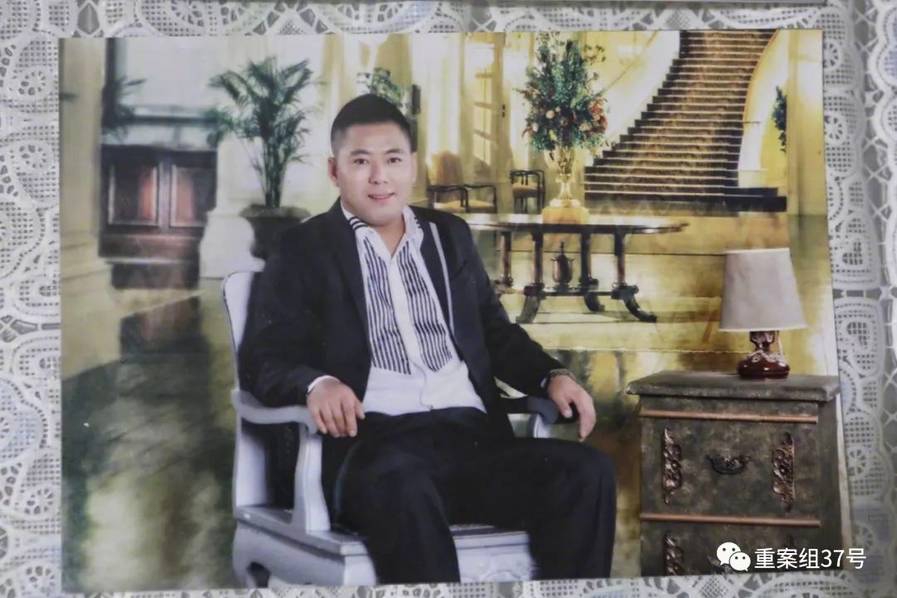http://www.cnecn.com.cn/d/file/p/2024/03-12/5f7f44e6491df1d41c3829ef210bf833.jpg|http://www.cnecn.co
“原片紧缺,价格上涨!”“报价仅当天有效!”“所有玻璃以当天实际价格为准!”“询价不作为成交价格!”..........这些,是近期小玻在圈里较常见到的话。更“壮观”的是,还有货车整齐划一的排出将近五
中国消费者报南昌讯(记者黄劼 朱海)9月10日,江西省消费者权益保护委员会、深圳市消费者委员会联合发布儿童文具(水彩笔、马克笔)比较试验结果。25款样品的化学安全性均符合我国行业标准要求。1款马克笔的
微创结扎手术的概述微创结扎手术是一种常见的避孕措施,它是通过在女性输卵管中放置一条小型的金属线,从而实现从输卵管和卵子之间断开连接的目的。相比于传统结扎手术,微创结扎手术具有伤口小、恢复快、效果明显的
http://upload.mnw.cn/2020/0519/1589876223989.jpg
http://www.hwenz.com/pic/伤感的段子情感案牍闭于感情的文章.jpg
Kasina 在一些年轻人心中也有不低的地位,作为韩国街头潮牌,这个品牌2020年就曾经和Nike Dunk和合作推出了相当吸睛的单品,在当时也收获了不少人的认同。本土时尚的崛起带动了不少本土时尚品牌
中国消费者报上海讯(王长鹏记者刘浩)为了规范大家使用共享单车的行为,哈啰单车规定单车使用者若超出规定区骑行停放需支付一定调度费。若使用者得知自己因超区停放被扣费后,再将共享单车骑回规定服务区,这样是否
中国消费者报武汉讯(记者吴采平)9月14日,记者从湖北省武汉市市场监管局获悉,该局联合武汉餐饮业协会出台了《规范餐饮服务单位菜单指引》,明确餐厅菜单中鱼虾类菜品禁止使用“长江”
引言你是否曾为线上买药如何用医保支付而困惑?又是否对保险产品线上线下的区别感到好奇?别急,这篇文章将为你一一解答这些疑问,让你在保险的世界里游刃有余。一. 线上买药医保支付攻略现在线上买药也能用医保支
